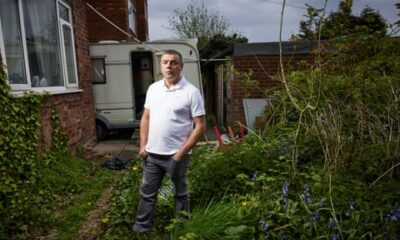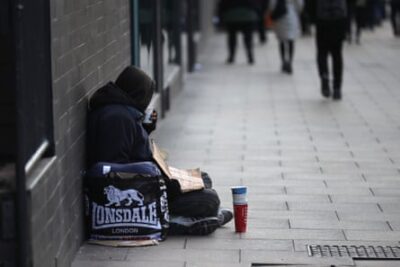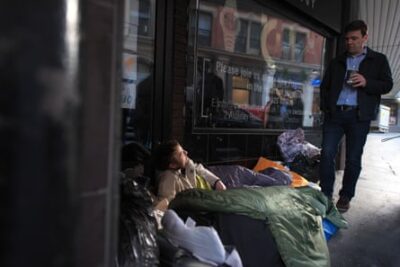
What’s cooking with us all right now during this amazing period of solar flares and quantum leaps into new levels of ourselves?
1. We are becoming less fixed as human beings and more creatable as embodied greater beings. Our awareness of the constructs that trap us are disappearing as we learn to call the forces of Grace, Joy, Creation, etc. into ourselves.
2. There’s a surrender of ‘identity’ happening as we morph into something new and exciting. The letting go of our definitions of self is a huge leap forward into new horizons of possibility for us all.
3. We’re discovering the art of living in ‘the flow state’ of genius, high vibe creation and a belief in our own and others’ magnificence.
4. There’s a wonderful sense of connection with all life forms, Nature and the Earth. For me it’s a feeling of exhilaration and joy seeing dandelions so perky and yellow. Hearing bird song fill the air. Watching the green become GREENER. Did you know that you can call forth the miraculousness of Nature to fill the world with incredible breakthroughs?
5. Animals, forests, oceans are growing in sentient intelligence, reaching out to humans to show us a new way of being together on planet Earth. Our own intelligence is quantum leaping as well with sensory intelligence, quantum intelligence and infinite intelligence being added to the mix of brain centric intelligence.
6. We are learning to live in a greater understanding of how life can evolve, quantum leaping into new horizons of possibility, discovering the art of alchemical source creation to elevate all life now.
It is an incredible time to be alive right now. Be amazing. Be brilliant. Exhilarate life for the whole world to thrive today and always.
About the Author:

Soleira Green is a visionary author, quantum coach, ALLchemist & future innovator. She has been creating leading edge breakthroughs in consciousness, quantum evolution, transformation, innovation, intelligence and more over the past 25 years, has written and self-published eleven books, and taught courses all over the world on these topics.




 LalalaLetMeExplain is an anonymous relationships expert and social worker, and the author of Block, Delete, Move On, a book she describes as not trying to teach anybody how to find love but “how to avoid the toxic ones”. The book was inspired by her own struggles to set boundaries in the era of dating apps.
LalalaLetMeExplain is an anonymous relationships expert and social worker, and the author of Block, Delete, Move On, a book she describes as not trying to teach anybody how to find love but “how to avoid the toxic ones”. The book was inspired by her own struggles to set boundaries in the era of dating apps. I am having one of those days where my thoughts are leaning towards anticipating negative scenarios and engaging in the “what if’s” the mind is so compelled to do. And while, at this point, I know enough of the machinations of the mind to not go down those rabbit holes, it still can nag away at me as it was doing on this particular day.
I am having one of those days where my thoughts are leaning towards anticipating negative scenarios and engaging in the “what if’s” the mind is so compelled to do. And while, at this point, I know enough of the machinations of the mind to not go down those rabbit holes, it still can nag away at me as it was doing on this particular day.
 Potts stresses that his “mum brought me up good and proper” – but as a teenager growing up in Salford, he started getting into trouble. “We’ve had our hard times with Stuart, but a lot of it was typical boy stuff,” his mum, Pat Malone, said. “We used to say he was a lovable rogue.” Potts went to prison several times in his late teens and 20s, including an 18-month stint for beating up a burglar who had broken into a friend’s house. After he got out, he had a chequered career: working in factories, as a cobbler, locksmith and painter and decorator. But gradually, life stabilised. He got married, moved into a comfortable council house, and had three kids. Then, in 2016, after more than 15 years, the marriage broke down.
Potts stresses that his “mum brought me up good and proper” – but as a teenager growing up in Salford, he started getting into trouble. “We’ve had our hard times with Stuart, but a lot of it was typical boy stuff,” his mum, Pat Malone, said. “We used to say he was a lovable rogue.” Potts went to prison several times in his late teens and 20s, including an 18-month stint for beating up a burglar who had broken into a friend’s house. After he got out, he had a chequered career: working in factories, as a cobbler, locksmith and painter and decorator. But gradually, life stabilised. He got married, moved into a comfortable council house, and had three kids. Then, in 2016, after more than 15 years, the marriage broke down.

